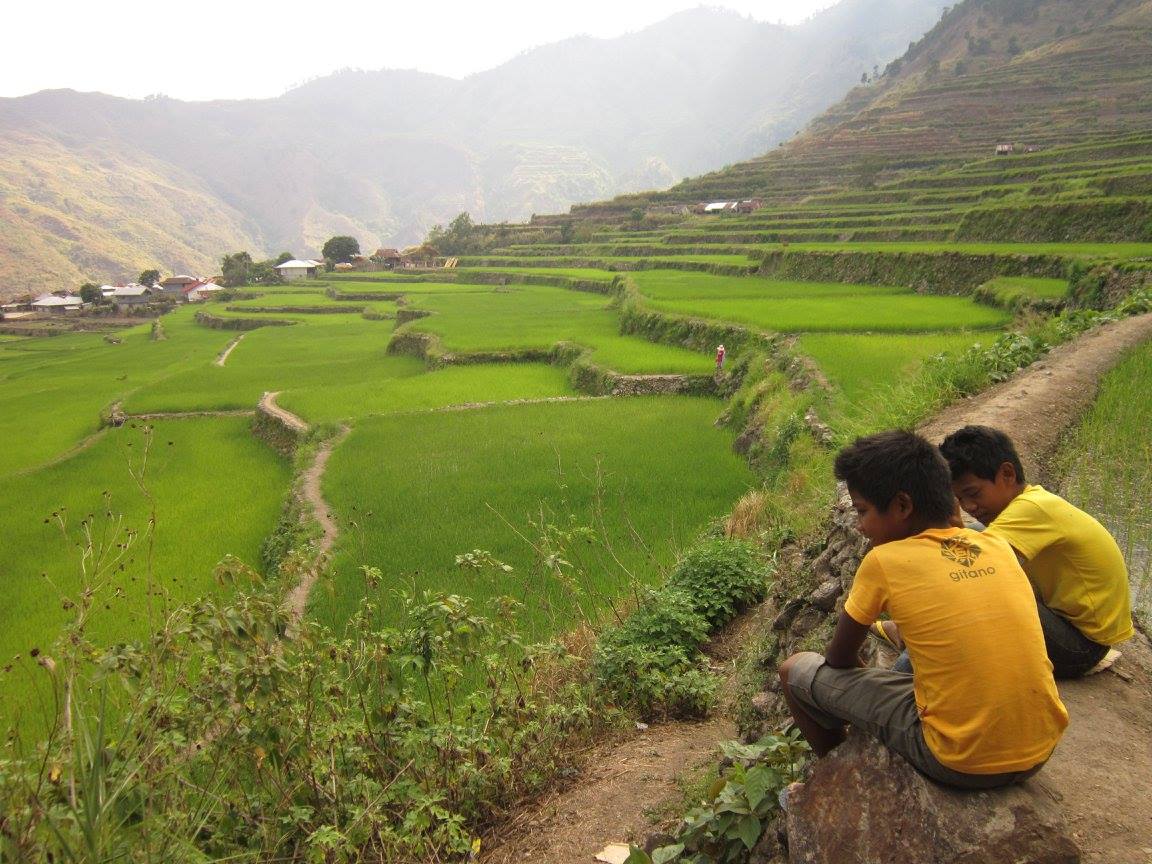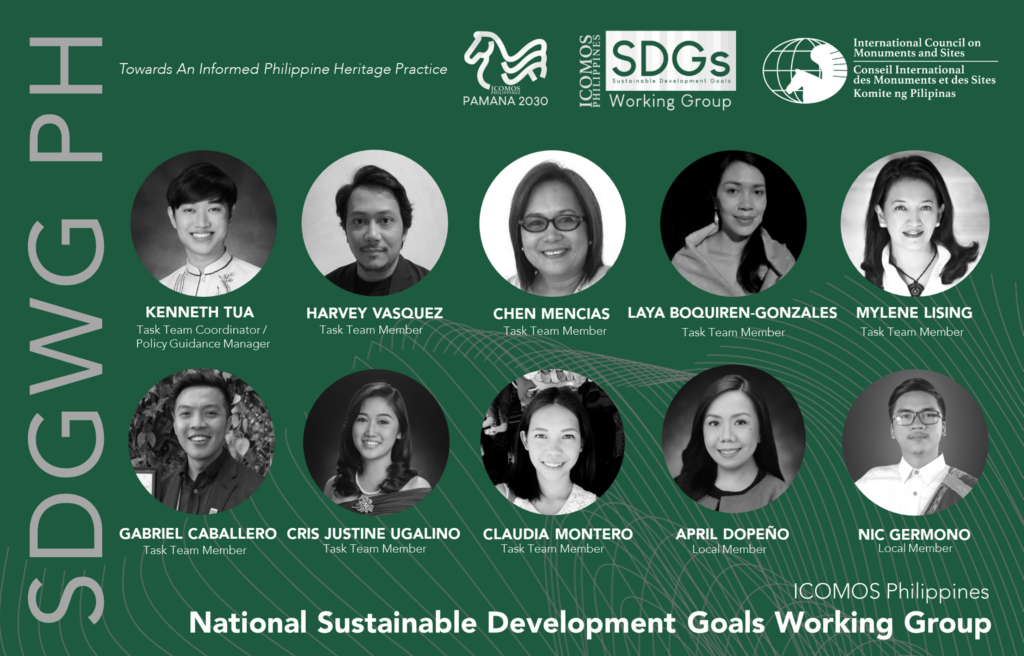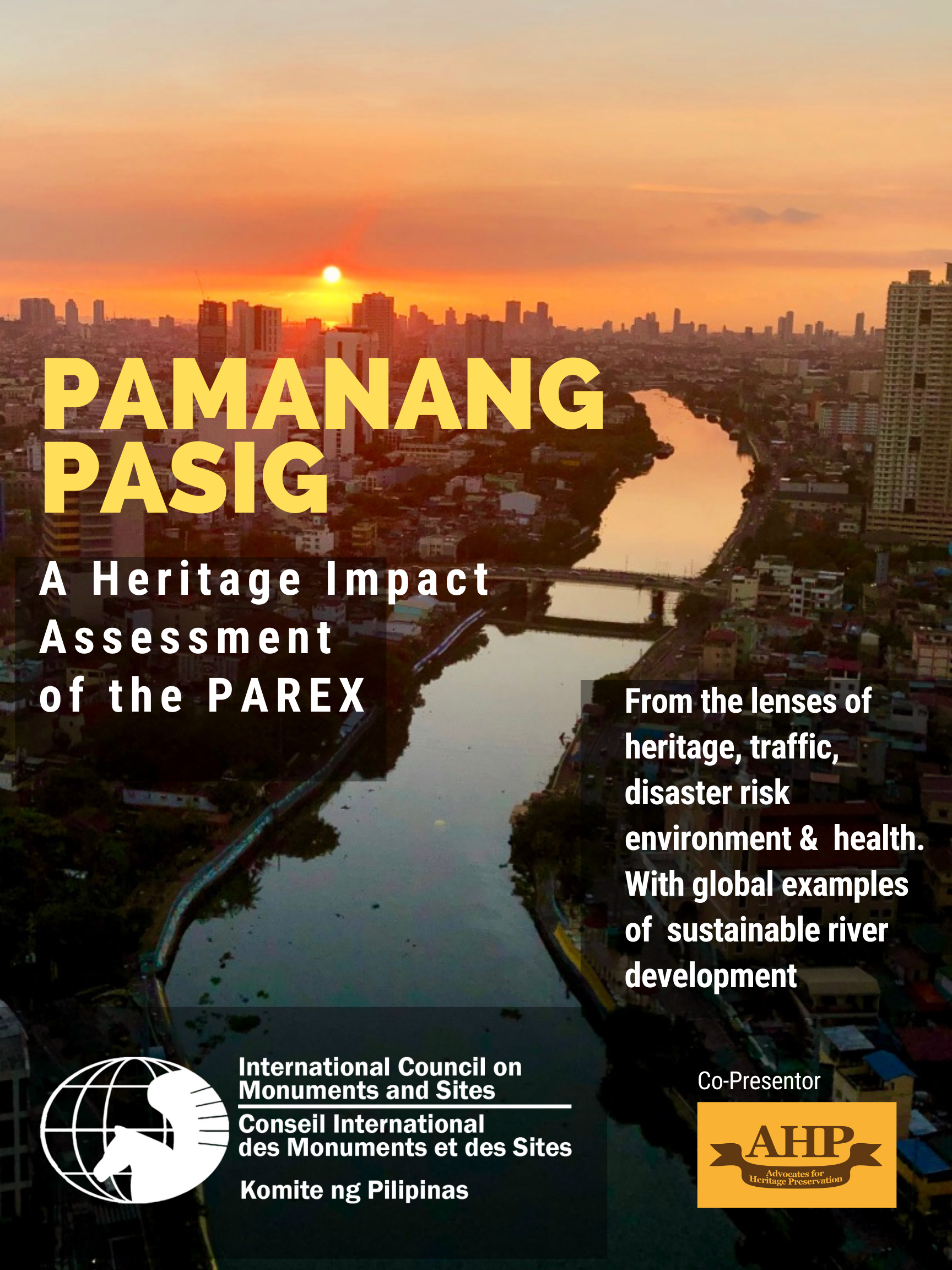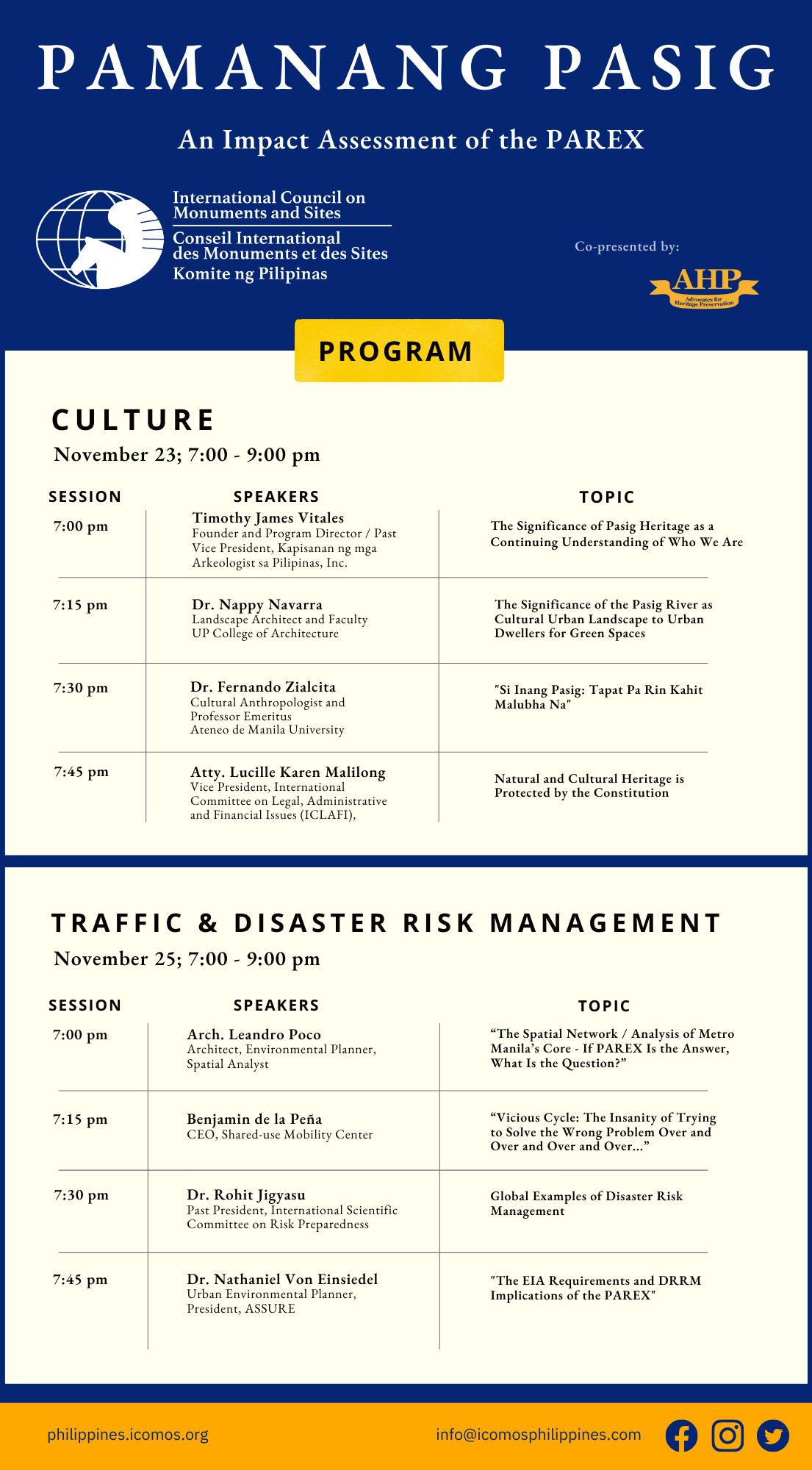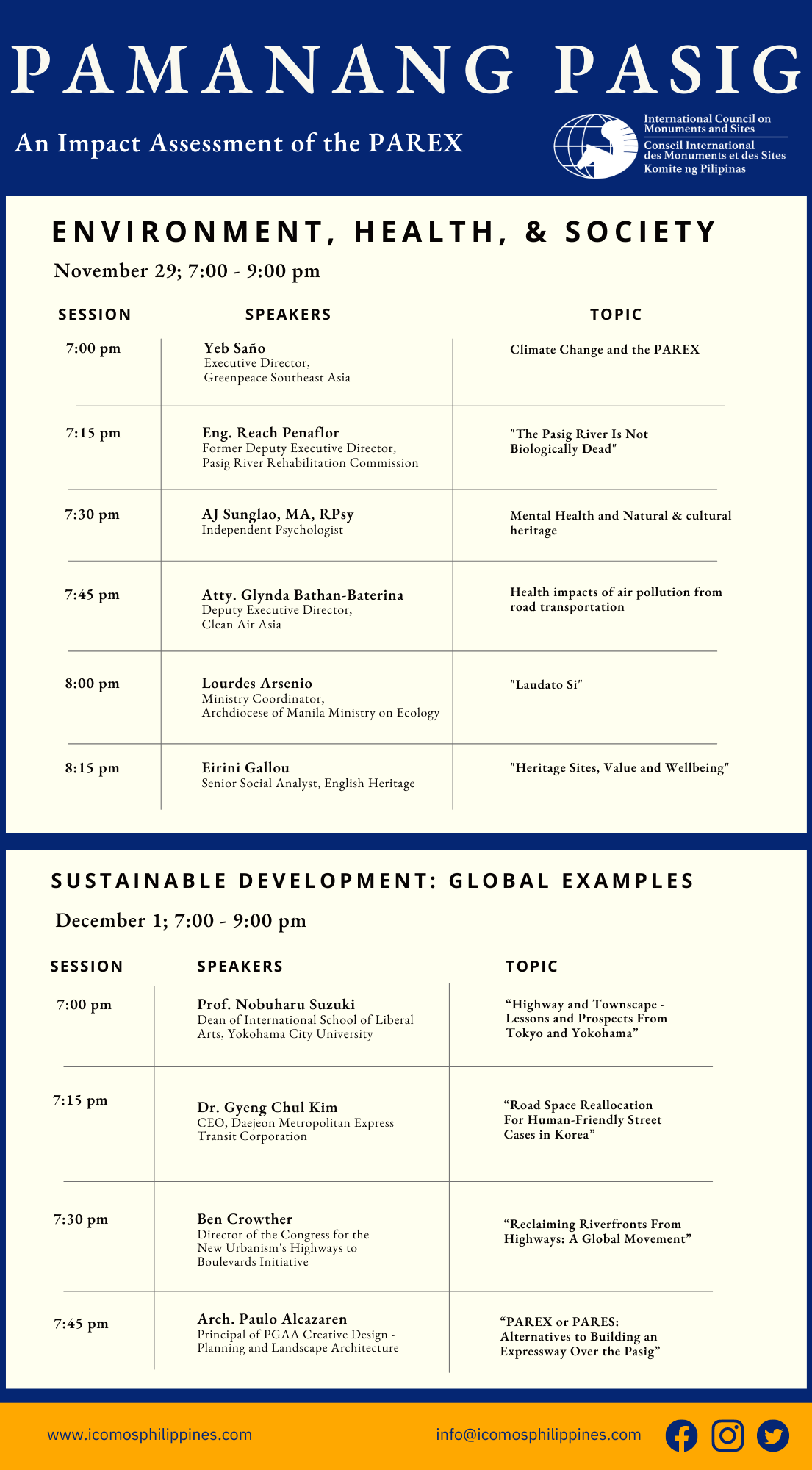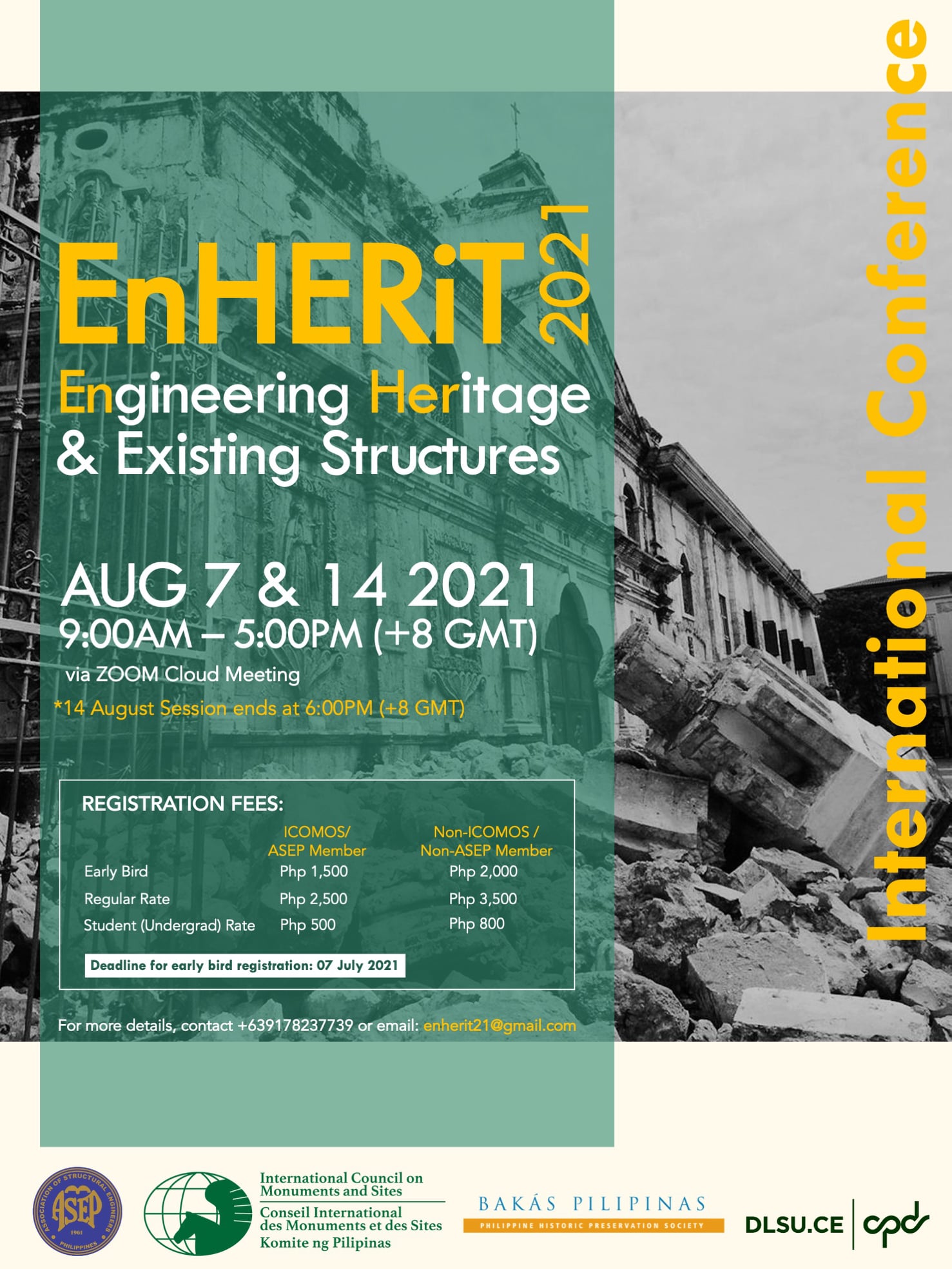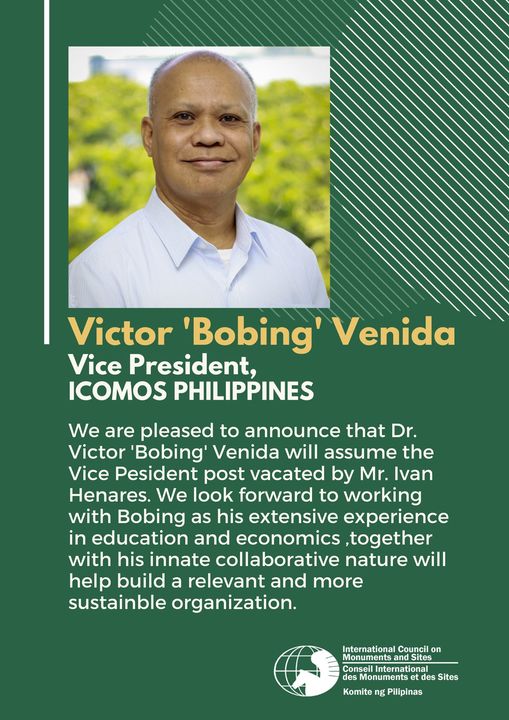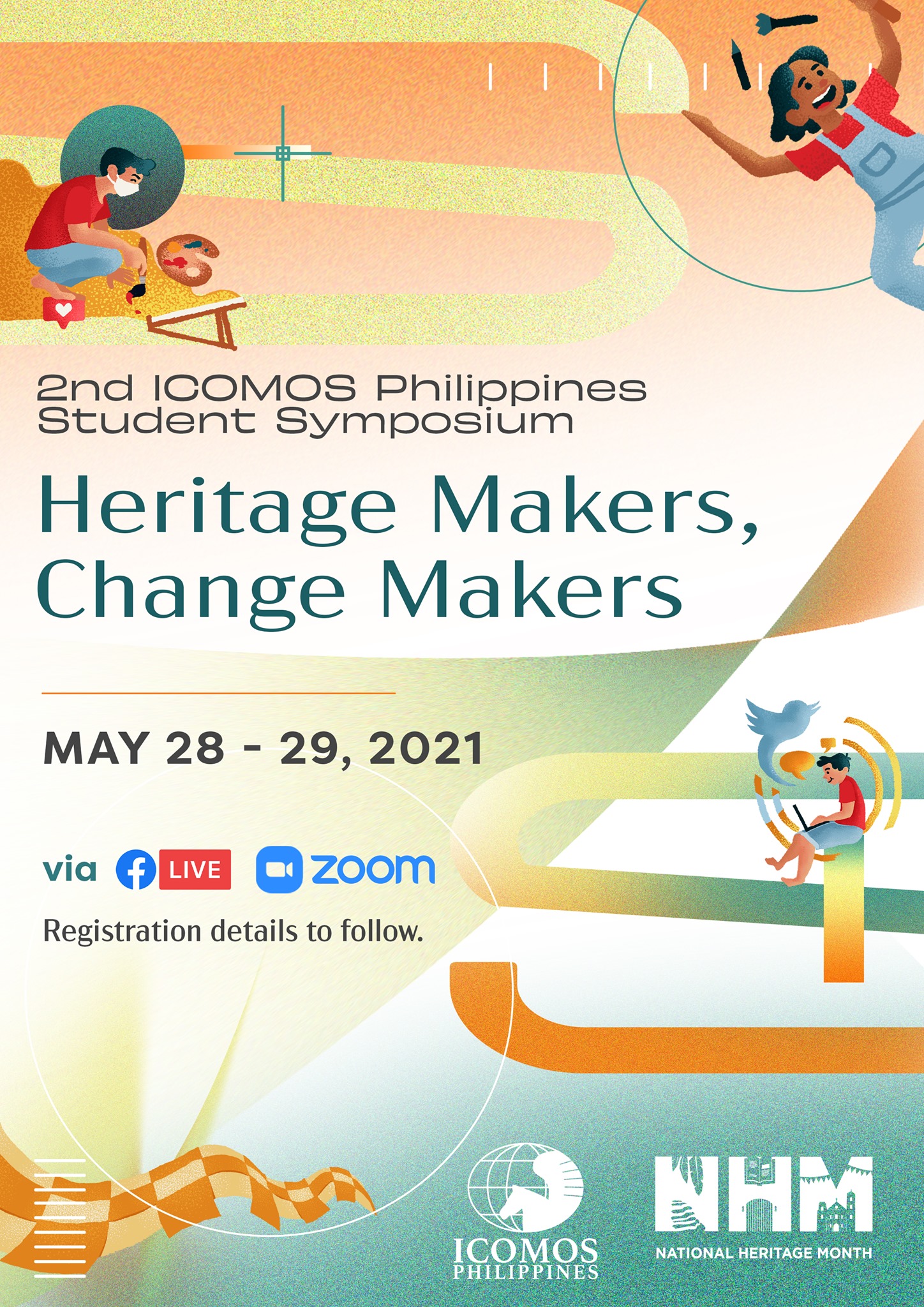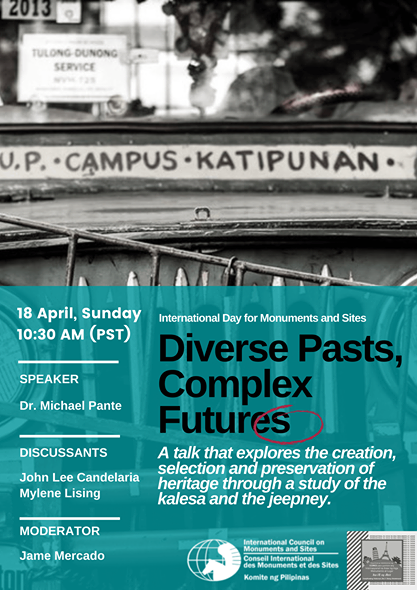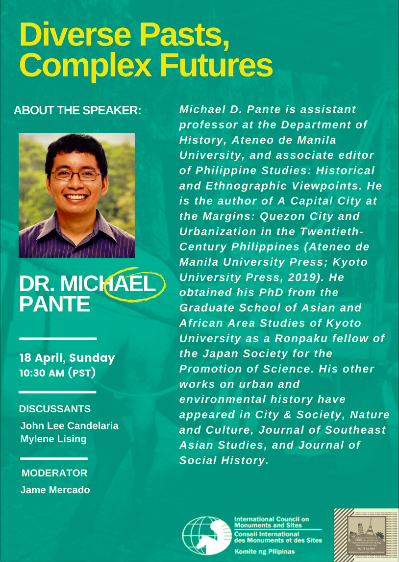In celebration of National Heritage Month, ICOMOS Philippines explores the theme of color. Color is a large contributing factor to its aesthetic value, and to a site’s authenticity- often evidenced by popular uproar when a historic site is restored with a different color.
ICOMOS Philippines examines color within the broader context of preserving authenticity in heritage. The materiality, symbology, and historic significance of color, from the global to local contexts will be discussed, including practical applications of restoration of colored renders and paint finishes.
Late May; Date & Time TBD
Leandro Poco gives a historic introduction of the historic significance of color in urban planning and architecture (e.g., use of color in Antiquity such as Greek and Roman statuary and temples, color schemes in Cycladic Islands, colors of Spanish-era colonial settlements such as Vigan, theory of Brutalist finishes, corporate identity color schemes, etc.).
This talk introduces the color and materiality of human settlements and cities using the lenses of history, contextual geography, and socio-economic conditions. It expounds on how color and materiality are not just forms of artistic expression, but, when combined with an understanding of underlying factors, have a deep cultural and contextual meaning that add depth to our understanding of the built environment. One can trace the thread of color and materiality as it starts out as a consequence of geographical context, achieving the height of craftsmanship and expression within local communities. This then moves into the commodification and homogenization of materials into the industrial age of international modernity, wherein increasing production, global trade, and post-ww2 ideologies bring about changes to production and the adoption of a more global (less local) identity. Leading into how the current age of mass market capitalism and branding, suburbanization and corporate enclavization of cities has led to the increased need for mass-customization of materiality and colors to stand out in a public sphere where brands and identity dominate for eyeballs and influence. The aim is to enlighten while presenting, enlightening, and poking fun at our pre-held conceptions on color in the urban sphere, and make us aware of the subtext of color and materials in our built environment.
Christian Aguilar gives an overview of the use of colors in history from Antiquity via the Middle Ages and the Renaissance and Baroque to the Present. He will then discuss materials (pigments, binders, and admixtures); application (surface treatments, layers, technique); and details (protection, maintenance). Aguilar discuss the use of colors in restoration projects (case studies of Sta. Ana Church, Pasig Church and San Agustin Churches; the Intramuros walls) and the challenges faced in the Philippines in implementing proper restoration practices. The talk will conclude with a brief overview of contemporary applications of colors in the Philippines discussing challenges and commonly made mistakes.
Erik Akpedonu will discuss the symbolism of colors in various cultures (e.g., mourning colors in East Asia, Europe, and West Africa) and their application in the built environments of, for example, in Europe and China (Feng Shui). He will discuss the psychology of color in Architecture and in Interior Design in particular, as well as the ecological aspect of proper color choice for ecologically-appropriate color schemes.
Color is a fundamental aspect of how we perceive our environment and has a profound impact on our psychological well-being. Given their powerful effects, colors the world over have been employed to symbolize specific concepts, ideas, and feelings, such as joy and mourning, power and purity, good and evil, aggression and peace, and many more. How colors are used in architecture varies from culture to culture, be it the manifold symbolic meanings of color in Chinese traditional architecture based on geomancy (Feng Shui); the vibrant colors of Bolivia translated into contemporary buildings, or the geometric patterns of sub-Saharan Africa. Perceptions of color are likewise influenced over time by notions of ideology, power, and manipulation, ranging from the colorful emotional extravaganza of the Baroque via the monochromatic rationality of Neoclassicism and the controversial color debates surrounding Classic Modernism up to the present free-for-all of Post-Modernism. Finally, our natural environment influences our choice of colors, be it the blue-and-white schemes of traditional Greek houses, the colorful dwellings of Scandinavia, or the earth tones of traditional clay architecture. Given its strong psychological and symbolic impact, colors also play a vital role in interior design, where they are used in a wide range of combinations to visually reduce or enlarge space, add or remove light, and create the desired ambience depending on the target audience. Finally, color`s physical aspects can be put to good use at a time when Global Warming increasingly calls for designs that use color to aid in passively cooling or heating buildings, creating a sustainable architecture for the 21st century.
